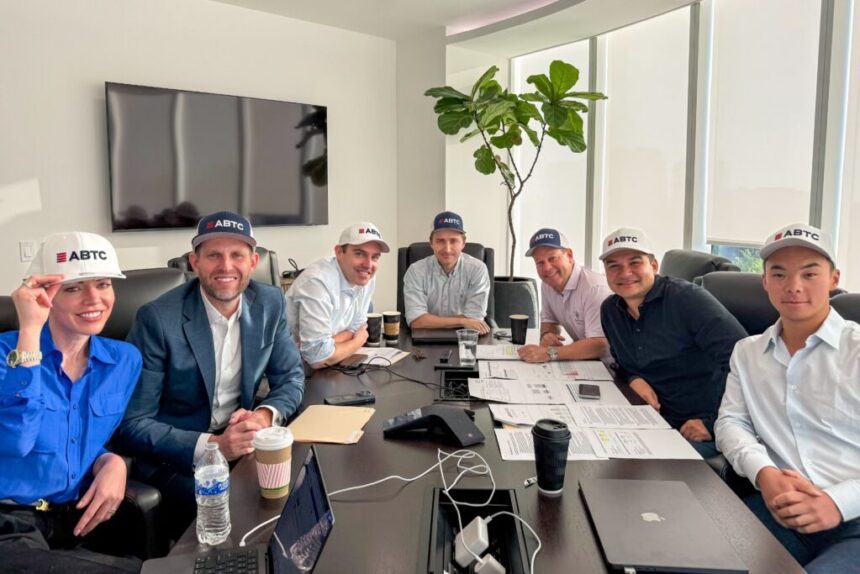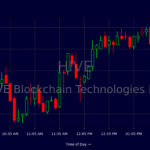The Bitcoin mining industry is currently navigating a period of significant fluctuation and transformation as summer concludes. Tariff implications are reshaping the ASIC market, new hardware releases are generating excitement, and high-profile corporate deals are facing scrutiny from shareholders. Events have unfolded rapidly, from American Bitcoin’s turbulent debut on the Nasdaq to the controversy surrounding Core Scientific’s proposed merger with CoreWeave.
In a recent podcast hosted by the Blockspace team, Sarah Tang, Senior Account Manager at Luxor’s ASIC Trading Desk, provided insights into how tariffs are influencing the global mining equipment market. She noted that tariffs on rigs imported from China could reach nearly 50%, while those from regions like Indonesia and Malaysia could hover around 22%. This has created an additional cost burden for buyers, complicating return-on-investment calculations and extending payback periods. As a result, operators with access to cheaper energy are gravitating toward mid-generation miners, which balance cost and efficiency effectively. There’s also been a notable redirection of shipments from the U.S. to tariff-free zones like Canada, significantly impacting equipment availability.
The conversation highlighted the high demand for recent models such as the S21 Plus and MicroBT M60 series, which are selling out almost immediately upon release. Tang emphasized the frantic pace at which new-gen machines are purchased, likening them to a “new toy” that everyone wants. However, she pointed out that demand in the futures market is softening as miners express hesitation in placing orders due to the unpredictability of tariffs.
In a separate development, Jones Research has downgraded IREN from a buy to a hold due to concerns regarding its shift towards AI cloud services. Analysts are worried that increased competition and negotiation pressure from large hyperscale customers may impact revenue from IREN’s traditional co-location services, leading to potential dilution risks related to equity issuance for GPU deployments.
Compounding industry challenges, Two Seas Capital has called for Core Scientific shareholders to reject the $9 billion acquisition of CoreWeave. Holding approximately 6.3% of Core Scientific, Two Seas referred to the deal as a product of a flawed process that undervalues the firm. They criticized the lack of meaningful market engagement prior to the proposed sale, which would exchange Core Scientific shares for CoreWeave stock amid fluctuating market prices.
While the acquisition could yield substantial payouts for Core Scientific’s management, two separate triggers would allow them to benefit if the merger proceeds. The doubts among shareholders regarding this all-stock deal have emerged against a backdrop of disappointing stock performance for CoreWeave since the announcement. Many investors had anticipated a cash transaction instead, and there’s a growing sentiment that the merger might not materialize.
Overall, the Bitcoin mining sector is at a crossroads, influenced by external market forces, evolving hardware demands, and significant corporate maneuvering, all of which portend a challenging future for miners and investors alike.







